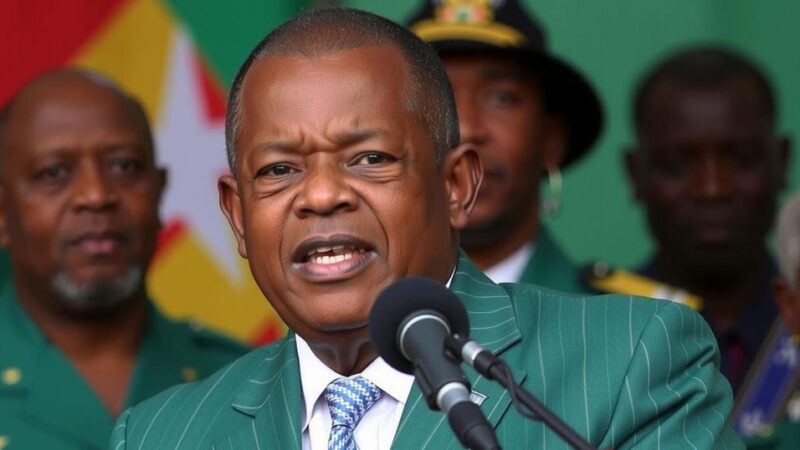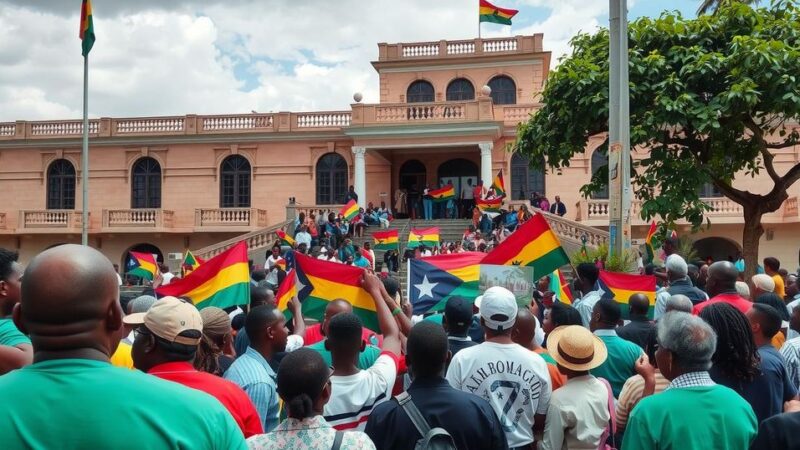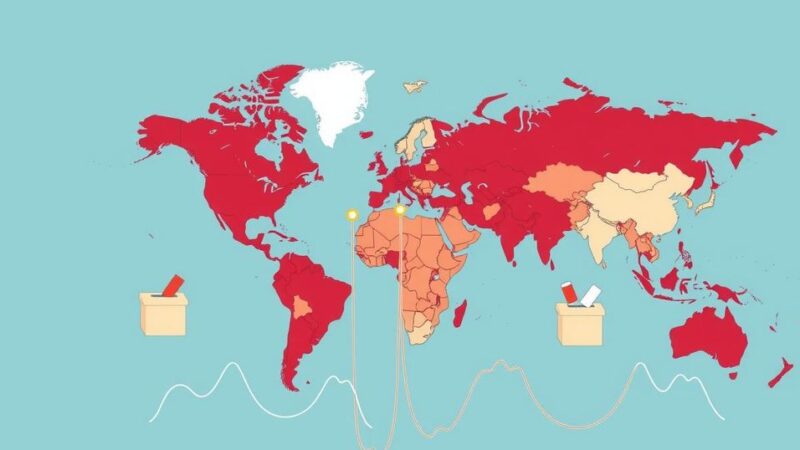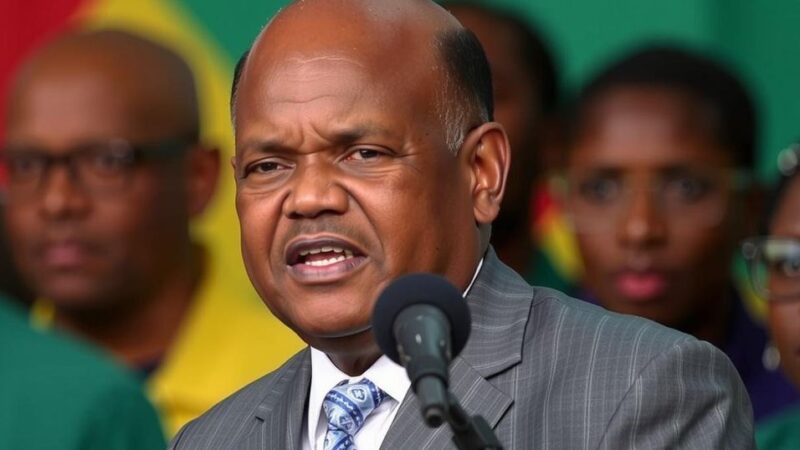The article examines the competitive nature of the presidential race between Donald Trump and Kamala Harris, highlighting the reasons behind differing voter priorities. It discusses Trump’s polarizing effect on his supporters, the inconsistency in polling data, the psychological aspects influencing voter behavior, and the emerging concerns regarding the preservation of democratic values.
In his recent column, Eugene Robinson scrutinizes why the presidential race remains so competitive despite what many consider a straightforward election cycle. A contributor argues that former President Donald Trump energizes his base while simultaneously alienating educated voters and women. They express that if Republicans had selected a more conventional candidate, they might have been in a stronger position to secure the presidency. The current close race, they assert, stems directly from Mr. Trump’s polarizing behavior rather than his party’s platforms. In another letter, a voter highlights that various polls indicate a general belief that the Republican Party, led by Trump, is better equipped to handle essential issues such as the economy, crime, and immigration. They emphasize the discrepancy between these polling results and the narrative that positions the race as a dead heat. Drawing a parallel to the 1980 election, they reference Ronald Reagan’s decisive victory amidst similar crises, questioning why contemporary media appear biased in favor of Vice President Kamala Harris, whose support they believe stems largely from antipathy towards Trump. They argue that many voters prioritize their disdain for Trump over substantial policy matters. Conversely, there is an acknowledgment that while issues like the economy and immigration rank high among voter concerns, the long-term commitment to democratic principles appears to be waning. One writer points to the alarming shift in voter sentiment since the 2022 midterms, where the preservation of democracy was a priority for 70% of registered voters. The writer warns against endorsing a candidate who has shown tendencies to undermine democratic values in favor of addressing more immediate issues. Another correspondent raises an important psychological perspective, suggesting that core political beliefs might be rooted in neurological differences. They reference studies that indicate varying brain responses associated with political orientation, positing that Trump’s supporters may exhibit a higher tendency toward authoritarianism and prejudice. This insight suggests that Trump’s rhetoric might resonate more with individuals predisposed to respond to threats, creating a dynamic where his followers prioritize tribalism over democratic ideals. Additionally, there is a reminder of the democratic imperative to scrutinize polling data, which may indeed reflect the electorate’s mood accurately. An experienced marketing researcher notes that polls in critical battleground states indicate a slight yet consistent lead for Kamala Harris, underscoring that the electoral race may significantly hinge on turnout and electoral votes rather than merely popular sentiment. The ongoing discourse reveals deep divides among the electorate, driven by political, psychological, and sociological factors that complicate the notion of a straightforward election. Experts and voters alike express concern over prevailing attitudes and their potential implications for democracy. Overall, the letters reflect a complex and multifaceted electoral landscape. Citizens are weighing their priorities against the backdrop of a candidate’s behavior and policies, while critical examination of polling and psychological influences offer deeper insight into the current political climate.
The article encapsulates various perspectives regarding the motivations and opinions of voters in the lead-up to a crucial presidential election. In an election characterized by the candidacy of Donald Trump and Kamala Harris, a range of factors, including Trump’s polarizing persona and historical effectiveness in handling key issues, shape voter sentiment. The underlying tensions between immediate policy concerns and the long-term preservation of democratic norms signify a critical juncture for the electorate. Additionally, the psychological influences on political allegiance indicate that innate biases may exacerbate divisions within the electorate. Thus, understanding the complexities of voter behavior contributes to a more nuanced discussion of the upcoming presidential race.
The discourse surrounding the upcoming presidential election reveals that voters are grappling with a spectrum of issues that extend beyond typical campaign agendas. The dynamics of Trump’s influence on his base, the apparent media biases regarding candidates, and the psychological underpinnings of political allegiance form a complex web of considerations that will significantly impact the electoral outcome. As discussions continue, the pivotal question remains how much these factors will influence voter turnout and prioritize the election’s fundamental democratic ideals.
Original Source: www.washingtonpost.com







